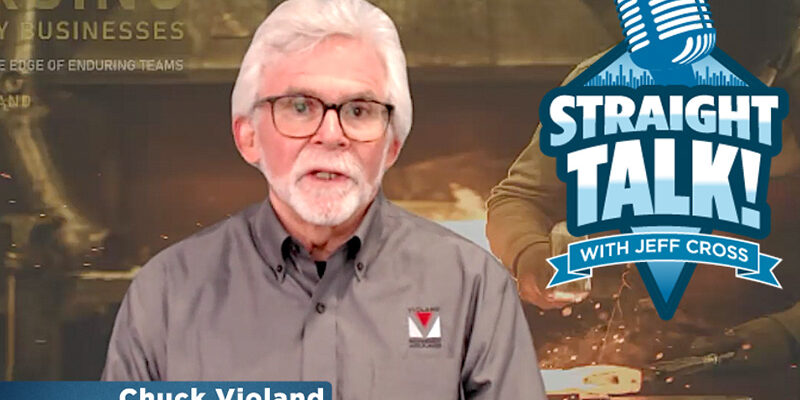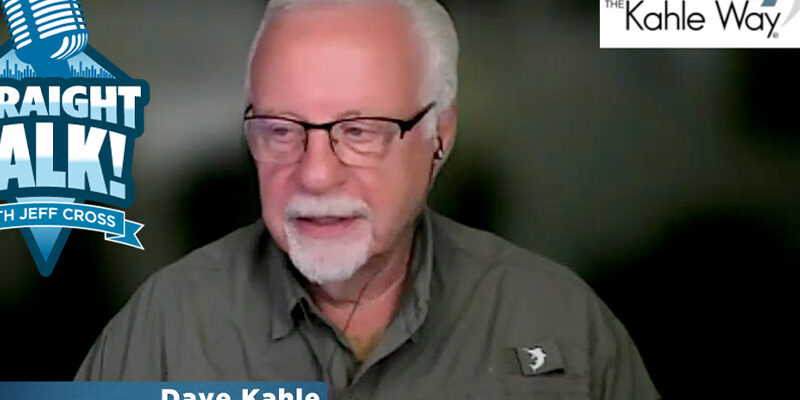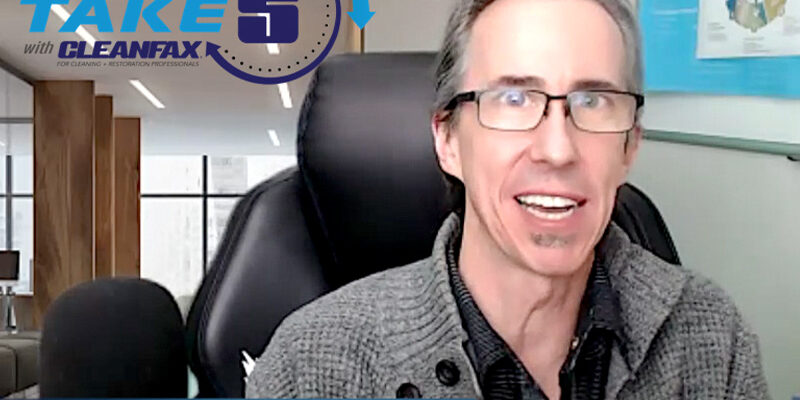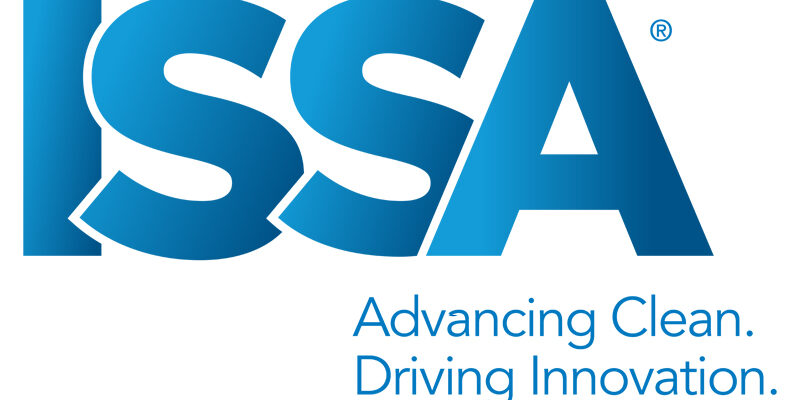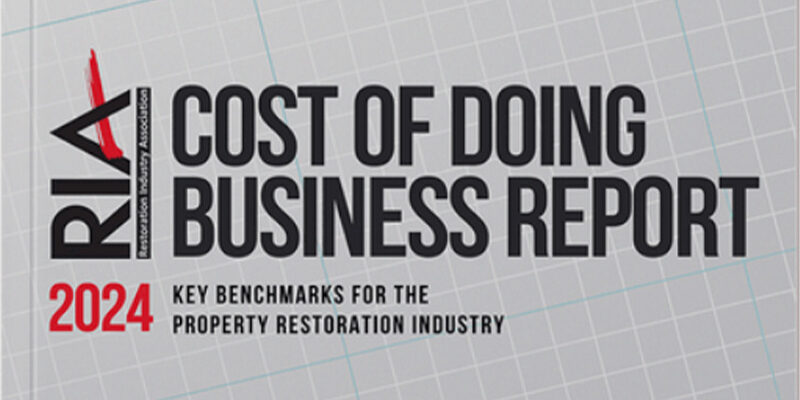Better Relationships With Adjusters

By Peter Crosa
As a restoration contractor, you can’t do your job without the third-party administrators (TPAs) and adjusters who are responsible for authorizing insurance payments for your work. Your job is to complete the work to the highest achievable standards, and their job is to worry about the bottom line, trying to reduce costs wherever possible while still delivering on the insurance policy. This can sometimes lead to contractors and adjusters being at odds over the right approach, but with a few tips and a better understanding of their role, you can develop better relationships with adjusters and help these interactions become smoother and more productive.
First impressions
Making a good first impression is an important initial step in developing productive relationships with adjusters. When you meet an adjuster at a loss site for the first time, before you can even finish introducing yourself, that adjuster already has formed an opinion of you based on three observations:
- The condition of the vehicle you drove up in
- Your demeanor (including your attire)
- Whether you are a “friend” of the property owner or an objective professional.
The adjuster is looking to determine how ethical you are. Rookie adjusters are trained to “be on the lookout” for people trying to rip off insurance companies. Experienced adjusters are a bit more self-assured but also are “on the lookout.”
If an adjuster is judging your ethical standards based on their first impressions of you, consider how spick-and-span your vehicle and attire should be. Also consider what information is appropriate to share with them. There’s no need to mention if you are somehow connected to the property owner; you want to be perceived as an objective expert. Showing the adjuster that you are a capable, ethical restoration or mitigation contractor is more important than your IICRC certifications (although you can’t thrive in this industry without them), your multi-million-dollar warehouse, and your Hummer EV.
With that ethical foundation in place, you can build strong “street cred” by making your professional certifications known through a series of restoration projects with that same adjuster. With good working relationships over time, you can become a preferred vendor with insurance programs. Hopefully, this makes the TPA adjuster who manages that program a bit more comfortable with who you are and your standards since you’ve been vetted by program managers.
Different types of adjusters have different approaches to claim resolution and thus might require a different approach from you.
Working with field adjusters
Field adjusters who meet you at a loss site will either be a company staff adjuster (employed by the insurance company) or an independent adjuster (temporarily hired by the insurer for this claim only). They are there to assess a loss in person and reach a fair agreement with a bonafide contractor as to the mitigation and reconstruction of a covered loss.
Most field adjusters see their role as delivering the policy promise of indemnification while protecting the insurer from paying inflated claims. The two objectives are equally important to the field adjuster.
Given the opportunity, it is a smart move to scope a loss alongside field adjusters. If there are controversial areas, express your opinion as a “concern” rather than a disagreement. For example, say, “I have a concern that if we don’t do X, it will result in Y,” instead of, “I disagree.” You can script a reasonable adjuster’s response by how you state the controversy.
Working with desk adjusters
On the other hand, TPAs, also known as preferred vendor programs, are usually populated by desk adjusters who have never been in the field. They’ve never walked into a burned out or flooded building. They may speak to the policyholder by phone, but they never actually meet or deal with them face to face. It’s easier to say “no” under those circumstances, and it’s easier to clip the contractor’s wings on theoretical matters—too much flooring or drywall replaced, too many painted areas, too many airmovers, etc.
Their goal is similar to a field adjuster: to prevent the insurance company from paying unnecessary charges. Desk adjusters tend to be master auditors who get great satisfaction from cutting your first estimate, and since they do not have experience in the field, many desk adjusters assume most estimates are not accurate, so you will need to convince them yours is.
The best way to deal with desk adjusters is to make sure you follow the program rules perfectly. Itemize absolutely everything you’re entitled to no matter how trivial because this may make up for areas where the payment will be cut. Presumably, following the program rules will result in the least cutting of payments. Again, if there is a controversy, express it as a concern, not a disagreement.
General tips
With any adjuster, use your expertise to explain why your proposal is the best and most efficient way to mitigate the loss. Don’t ever try to convince an adjuster that a certain course of action is necessary to avoid potential liability. Insurance is all about liability, so insurance adjusters are the utmost masters of any liability scenario. They have already considered potential liability and will not react to such as a reason for any action.
Restoration contractors talk, and you may hear some of your peers making sweeping generalizations about insurance adjusters. Understand that all is never true of all adjusters out there. It depends on whether they are a staff field adjuster, an independent field adjuster, or a TPA desk adjuster. When you’ve worked with a few, you’ll start to get the feel for how they approach claims, and you’ll become more adept at building relationships with adjusters, adapting your approach to reach the best possible outcome using the parameters laid out here.
Mitigation and reconstruction are worthy and fruitful professions. You’ll find that somewhere in the mix is the novel idea of taking care of the policyholder.
Peter Crosa is an executive general adjuster and CEO of Peter J. Crosa & Co., independent adjusters with offices in Florida and Georgia. He also serves as a lead instructor for the Restoration Strategies program. Crosa is author of The Complete Marketing Guide for Mitigation and Reconstruction Contractors. Reach him at peterjcrosa.net or [email protected].


